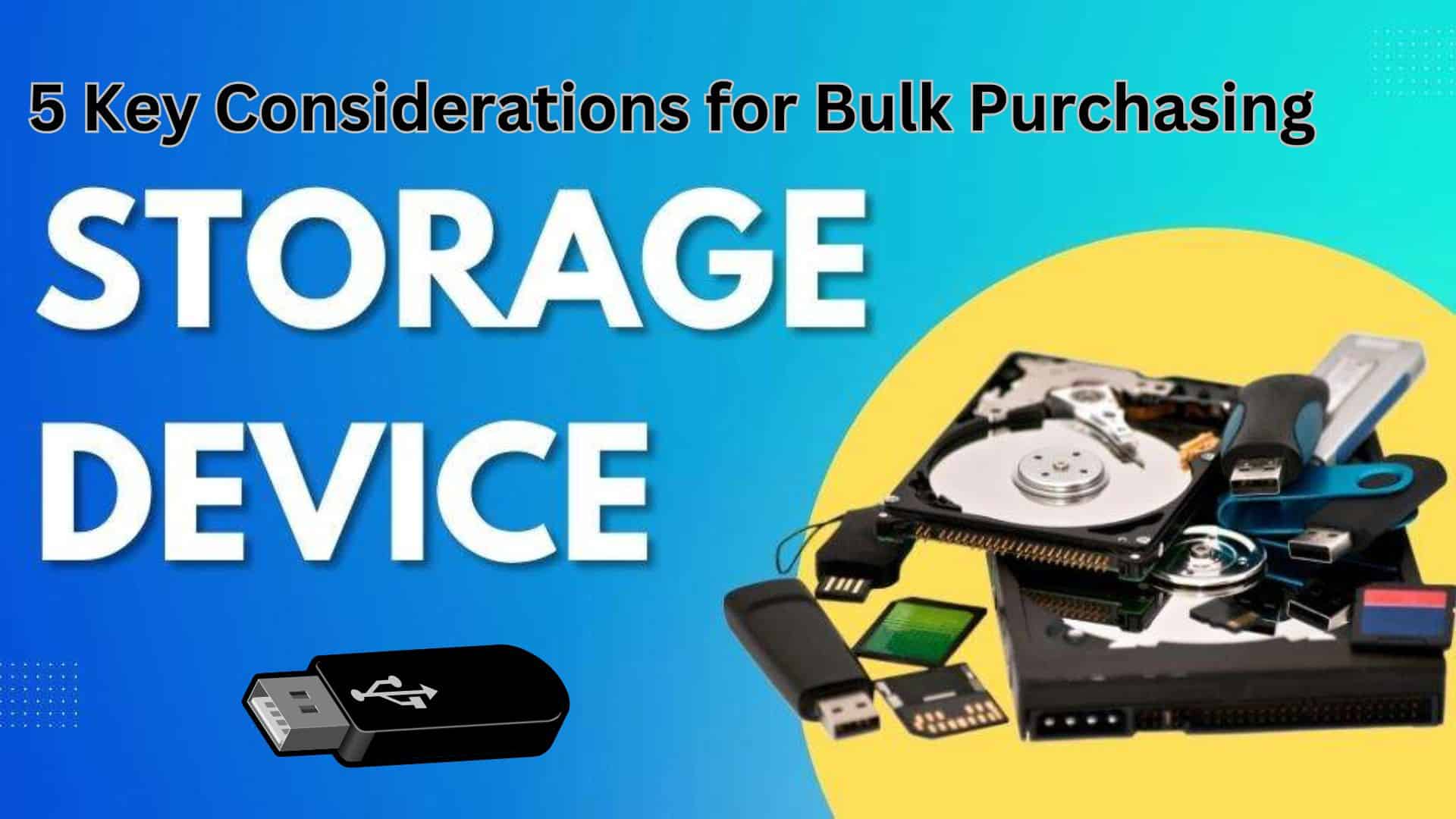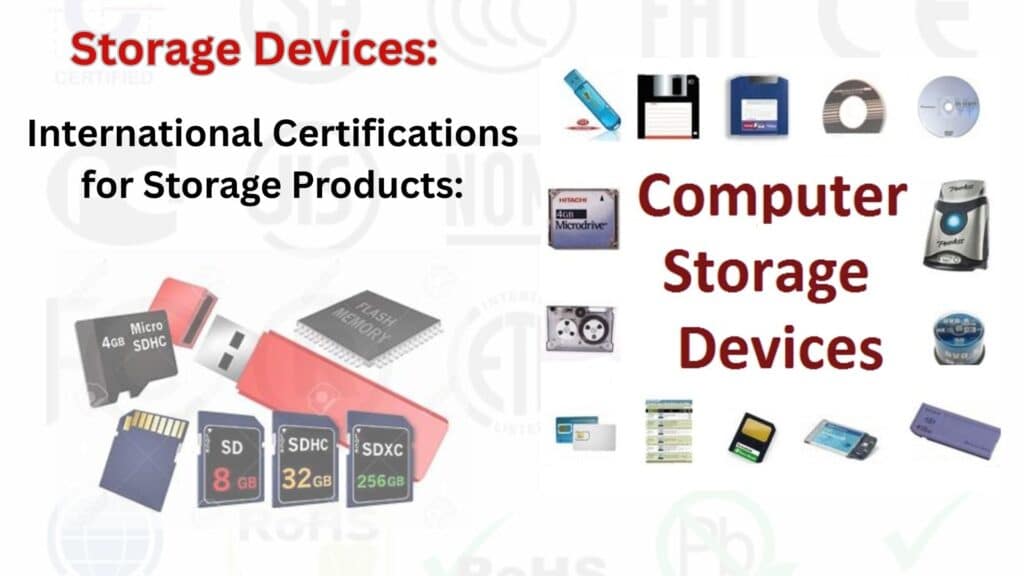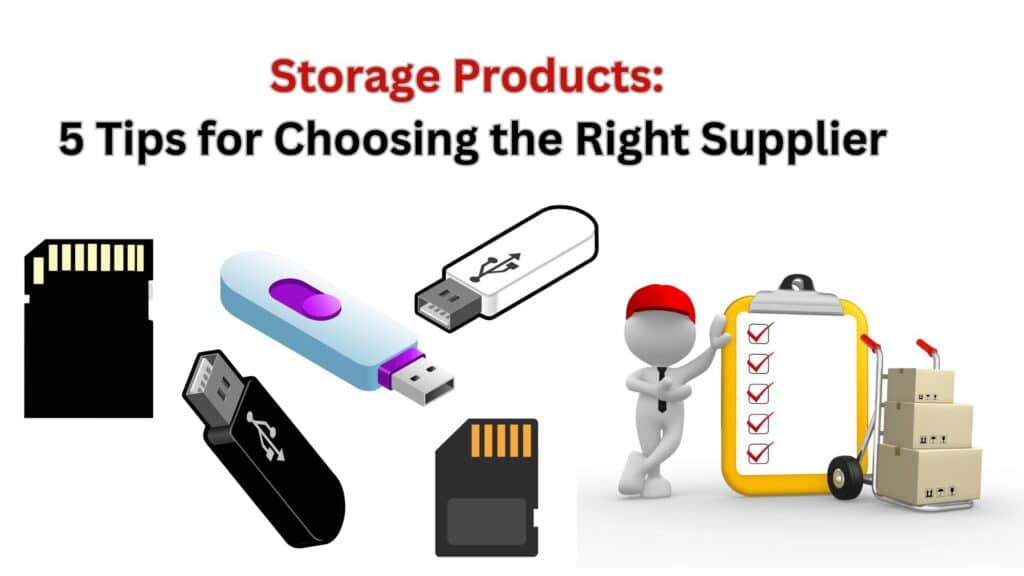Storage Devices: 5 Key Considerations for Bulk Purchasing

Introduction
Bulk purchasing storage devices for business use is an essential process for companies looking to streamline their data management and ensure smooth operations. When making these bulk purchases of storage devices, businesses need to consider factors like vendor selection and quality assurance to get the best deals and products. By making informed decisions based on your storage requirements, you can improve your company’s productivity and reduce future costs. In this article, we’ll discuss the key considerations when buying storage devices in bulk, from evaluating your needs to negotiating with suppliers.
Evaluating Storage Needs
When considering bulk purchasing storage devices, the first step is to thoroughly evaluate your company’s storage needs. Businesses of all sizes need to understand what kind of storage capacity, speed, and reliability will work best for their infrastructure. Whether you need hard drives (HDDs), solid-state drives (SSDs), or even cloud storage solutions, knowing your exact requirements will help ensure the efficiency of your storage system.
Understanding the specific needs of your business involves evaluating current data usage patterns. If your company handles large files or databases, an SSD might be more beneficial due to its faster speed and durability. On the other hand, if cost-effectiveness and storage capacity are the main concerns, HDDs might be the better option.
Additionally, different business applications may require different storage solutions. For example, storage devices for file archiving might not need the same speed and performance as those required for high-performance computing or real-time data processing. Tailoring your bulk purchases to meet these demands will help ensure long-term value.
Vendor Selection for Bulk Orders
Choosing the right vendor for bulk orders is critical to ensuring both product quality and timely delivery. When selecting a supplier for storage devices, several factors need to be considered. Reputation is paramount; a supplier with a solid track record of delivering high-quality products and services will help you avoid future issues.
It’s also essential to consider lead times and ensure that the vendor can meet your business’s delivery schedules. Timeliness is crucial in bulk purchases to ensure your company does not experience delays that could impact day-to-day operations.
Another critical factor in vendor selection is pricing. Bulk purchases should ideally come with significant discounts, so it’s important to negotiate favorable terms. Consider factors like warranty terms, returns, and customer support services when evaluating suppliers. Good communication and flexibility on the part of the vendor can go a long way toward securing the best deal.
Quality Assurance and Product Specifications
Once you have a list of potential vendors, the next step is to assess their product quality and specifications. When purchasing storage devices in bulk, it’s essential to ensure that the products meet the required quality assurance standards. Inaccurate or incompatible devices could lead to significant operational disruptions.
To avoid such problems, it’s crucial to verify product specifications before finalizing the deal. Ensure that the storage devices you are considering meet your performance requirements, such as read/write speeds, compatibility with existing systems, and expected durability.
Another aspect of quality assurance is testing. Before committing to a full bulk order, request sample products from the vendor to evaluate their performance. This helps you ensure that the devices meet your standards before proceeding with a larger order.
Logistics and Delivery Considerations
Managing large-scale orders can be a challenge, and it’s essential to ensure that your bulk order of storage devices is delivered on time and in good condition. Working closely with suppliers to plan and streamline the delivery process is crucial. This can help avoid delays and ensure that all devices arrive when needed.
In addition, ensure that the devices are properly packaged to prevent any damage during transit. Discuss with your supplier whether you can consolidate shipments, particularly if you’re ordering from multiple locations, to reduce shipping costs and potential delivery issues.
Cost-saving Strategies for Bulk Purchases
Bulk purchasing provides an excellent opportunity to reduce per-unit costs through economies of scale. There are several strategies businesses can use to maximize their savings when buying storage devices in bulk. One approach is to negotiate long-term contracts that lock in favorable prices and ensure a consistent supply of storage devices at competitive rates.
Additionally, many suppliers offer bulk discounts, which can significantly reduce the overall cost. Consolidating your orders into a single bulk purchase rather than making frequent smaller orders can also save on shipping and handling fees.
Consider leveraging rebates or other promotional offers provided by suppliers, as well as any discounts available for early payment or high-volume orders. These can add up to substantial savings over time, making your bulk purchase even more cost-effective.
Conclusion
In summary, when considering bulk purchasing storage devices, businesses need to focus on evaluating storage needs, selecting reputable vendors, ensuring product quality, and planning for logistics and cost savings. By paying attention to these key factors, businesses can optimize their procurement process, enhance operational efficiency, and minimize risks. Careful consideration of the above aspects will lead to better decision-making, more cost-effective purchases, and smoother data management for your company.






